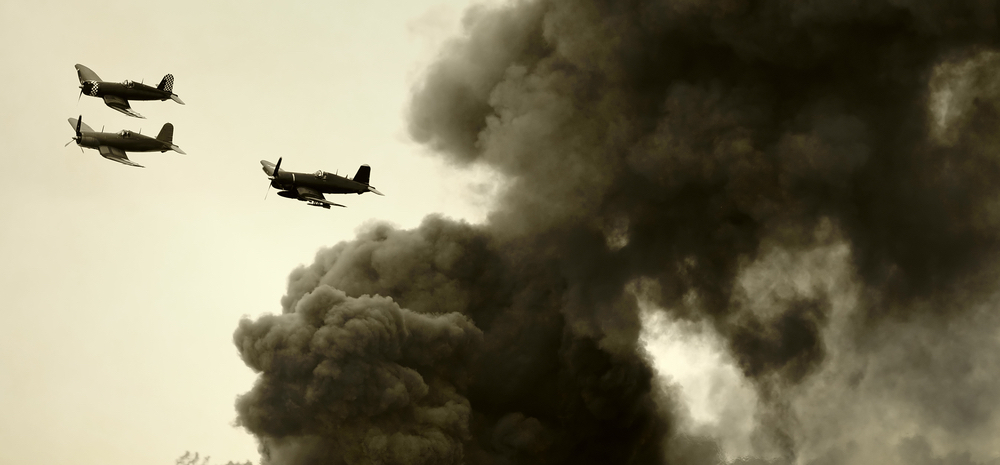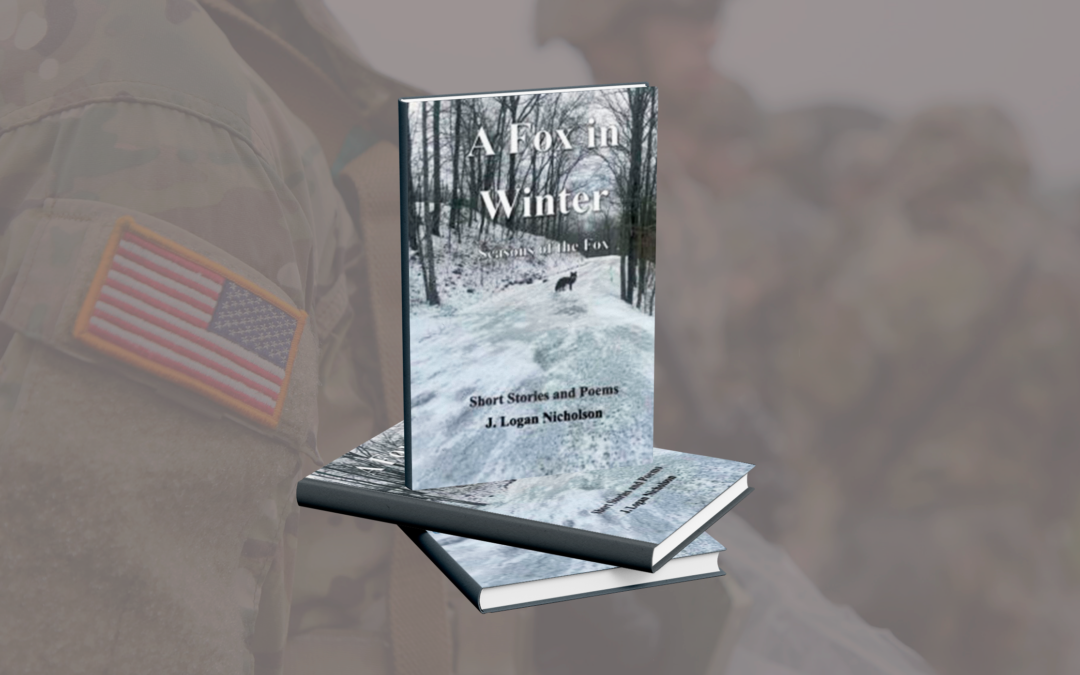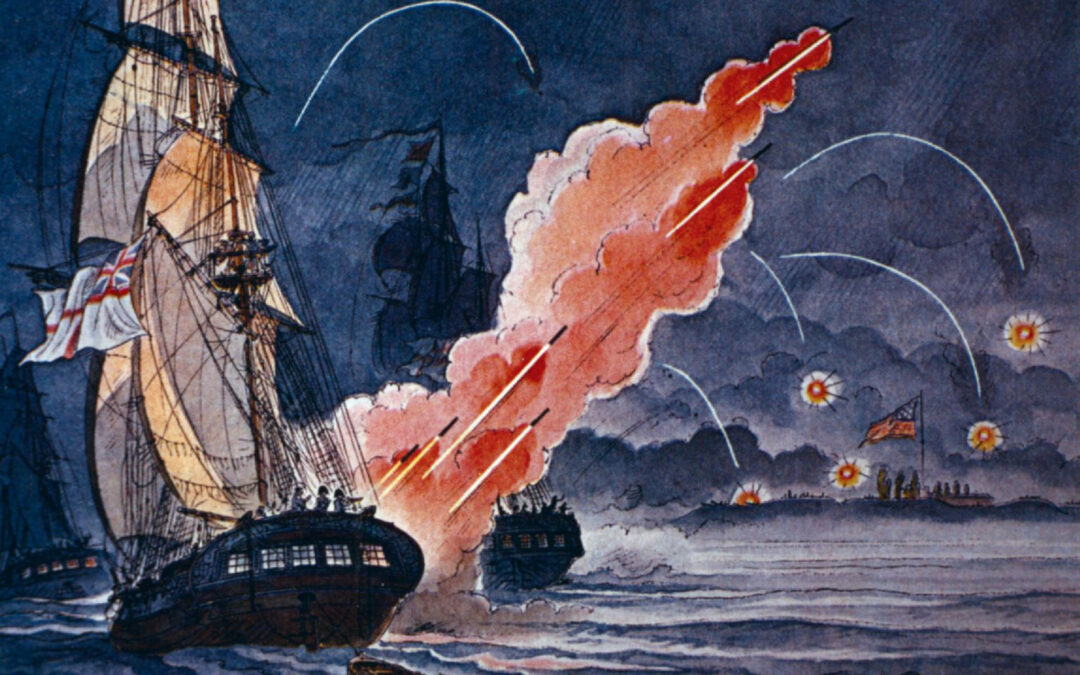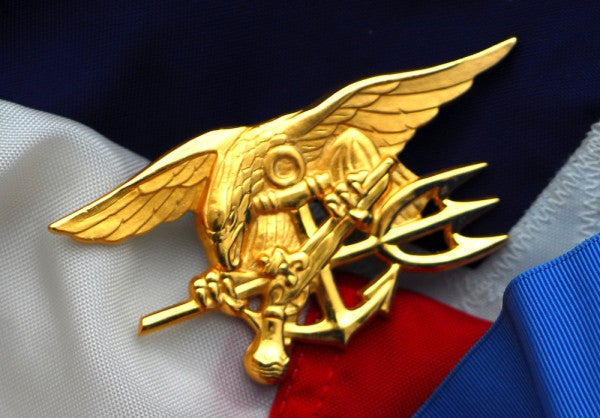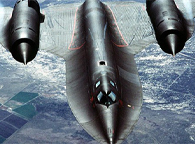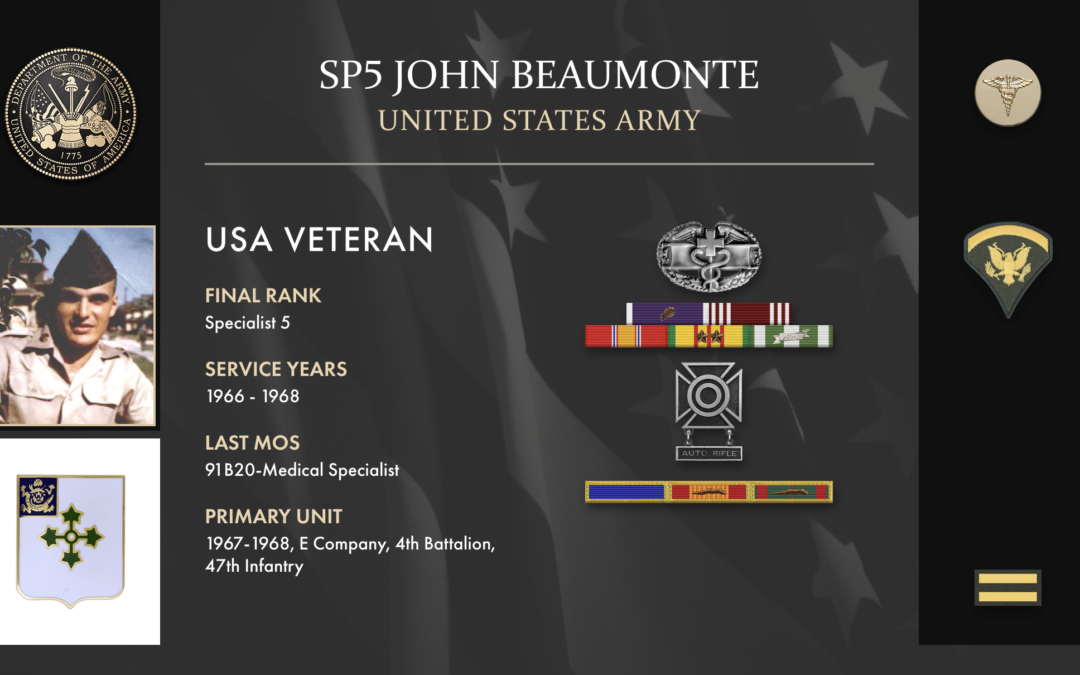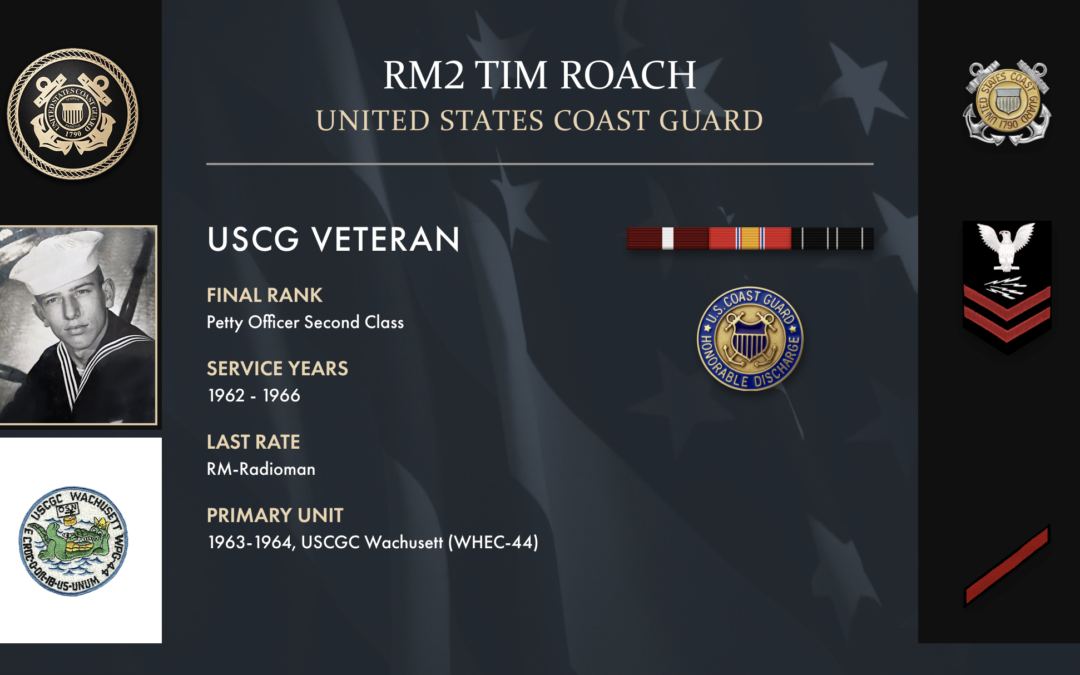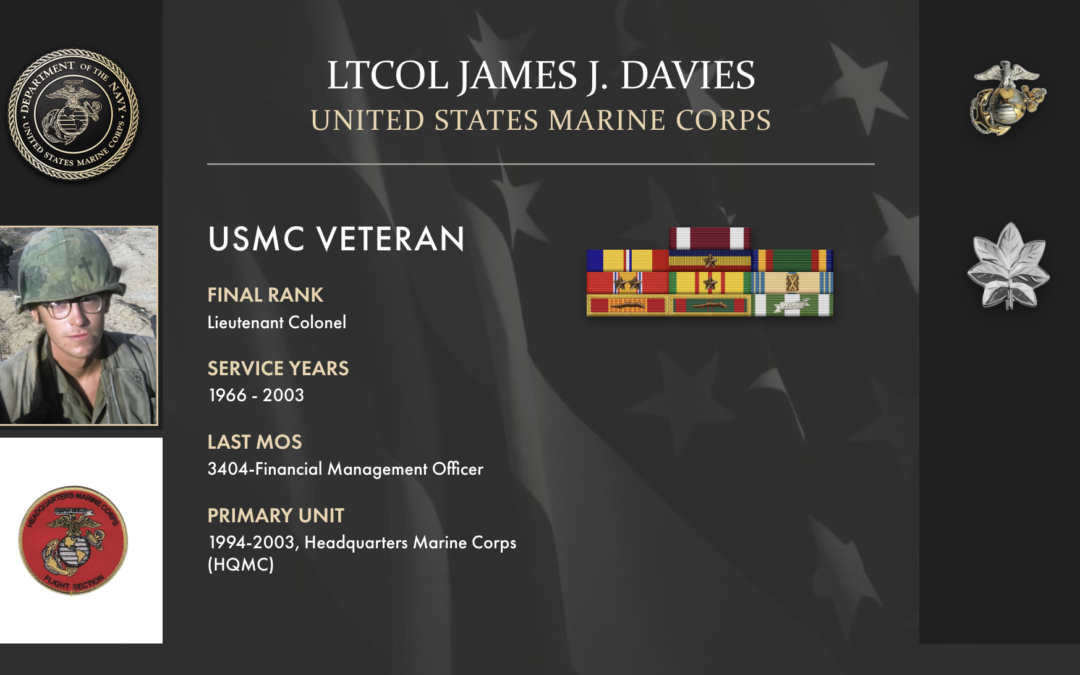In the early morning hours of August 13, 1943, twelve US B-24 Liberators from the 380th Bombardment Group (also known as the Flying Circus), began a low approach over the harbor of Balikpapan, Borneo. They were about to break records for the longest bombing run in history. Their 17-hour non-stop flight would take the Japanese completely by surprise and result in destruction in Balikpapan. The Bombing of Balikpapan Breaks Records Intelligence had suggested that Balikpapan refineries were producing half of Japan’s WWII aviation fuel. Under the command of Lt. Col. William A. Miller, a risky plan was conceived for a bombing run to Balikpapan. Pilots would need to cover 2600 miles - roughly the distance between Los Angeles and New York City. The planes and crews were readied at the Royal Australian Air Force Base Darwin in Northern Australia. Each plane was loaded with six 500-pound bombs, 3500 gallons of fuel, and weighed nearly 66,000 pounds. The runway at Darwin was especially...
